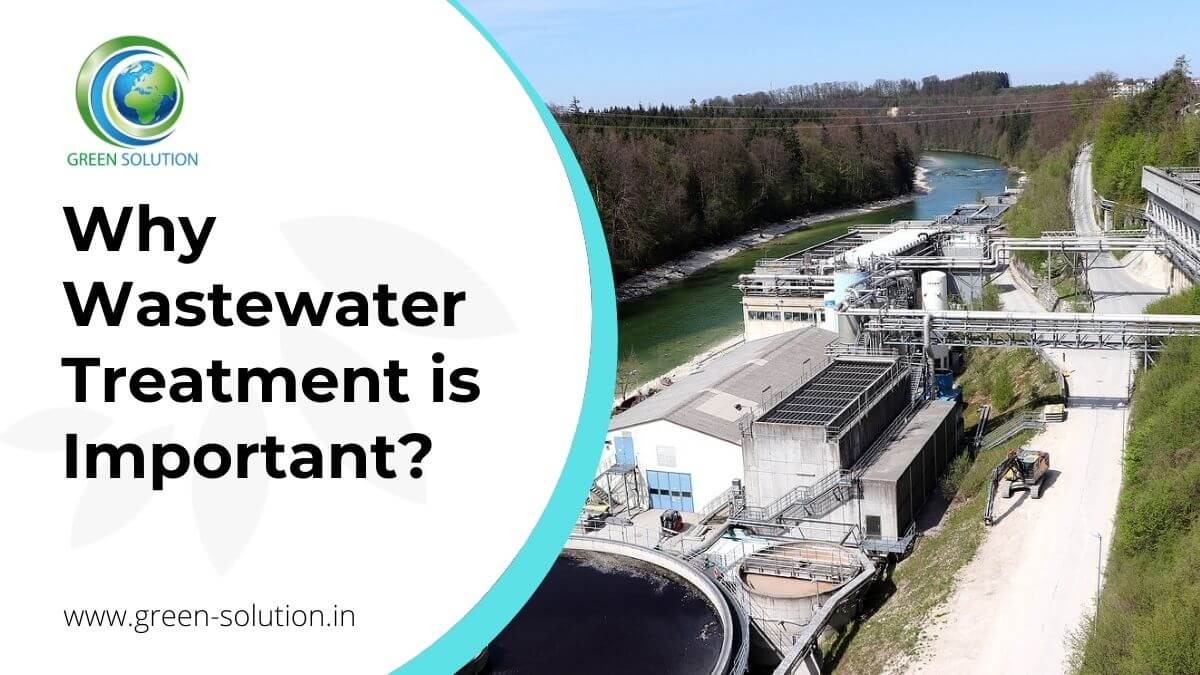The Buzz on Reclaim Waste
The Buzz on Reclaim Waste
Blog Article
The 45-Second Trick For Reclaim Waste
Table of ContentsNot known Incorrect Statements About Reclaim Waste Our Reclaim Waste StatementsThe Reclaim Waste StatementsUnknown Facts About Reclaim WasteWhat Does Reclaim Waste Mean?
Discover the types, occurrences, and kinds of fluid waste. Residential sewage waste refers to the waste and products from a property sewage-disposal tank. This kind of waste is created by people in residences, schools, and various other structures. This only consists of septic systems that have a drain field. The appropriate administration and disposal of domestic sewage waste require fluid waste to be transferred to a sewage treatment plant where the correct methods and tools are put on purify and deal with waste.
Commercial waste often consists of potential threats, such as combustible products or a mixture of fluid and strong waste items, and needs an advanced and detailed disposal procedure. The disposal of industrial waste usually includes the purification of waste prior to transport to ensure risk-free and proper disposal. Hazardous waste is developed from byproducts and drainage of industrial processes and production.
This kind of waste can not use the same sewer management transportation or processes as septic or commercial liquids. The hazardous waste management procedure calls for the evaluation and testing of liquid waste before it undertakes the disposal process (liquid waste removal). Runoff waste is the liquid waste that originates from overflow and excess stormwater in highly inhabited locations or cities
Overflow waste can create contamination and flooding otherwise managed correctly. Find out a lot more concerning sewer cleaning and waste management. Guaranteeing correct waste monitoring can prevent disasters and reduce ecological damage. Both individuals in domestic setups and specialists in industrial or production industries can gain from comprehending the processes and regulations of fluid waste administration.
4 Easy Facts About Reclaim Waste Described
Call PROS Services today to discover our waste management and disposal solutions and the appropriate means to look after the fluid waste you produce.
(https://www.domestika.org/en/reclaimwaste1)This so-called 'wastewater' is not just a crucial resource yet, after therapy, will be launched to our land, rivers or the sea. Utilized water from bathrooms, showers, bathrooms, kitchen area sinks, washings and commercial procedures is known as wastewater.

water used to cool equipment or tidy plant and devices). Stormwater, a type of wastewater, is overflow that flows from agricultural and urban areas such as roofs, parks, gardens, roadways, courses and rain gutters into stormwater drains pipes, after rainfall. Stormwater flows neglected directly to regional creeks or rivers, ultimately getting to the sea.
Reclaim Waste - An Overview
In Queensland, the majority of wastewater is dealt with at sewer treatment plants. Wastewater is carried from domestic or industrial websites via a system of sewers and pump terminals, understood as sewerage reticulation, to a sewage treatment plant. City governments build, keep and run most sewage therapy plants. Operators are licensed under the Environmental Protection Act 1994 to release cured wastewater at an appropriate environmental requirement into waterways.
The Division of Natural Resources advises city governments regarding handling, operating and maintaining sewerage systems and treatment plants. In unsewered areas, neighborhood governments may call for householders to mount specific or family sewer therapy systems to treat domestic wastewater from bathrooms, kitchens, restrooms and laundries. The Division of Natural Resources authorises using home systems when they are confirmed to be efficient.
In some new subdivisions, therapy of some stormwater to remove trash, sand and gravel has actually begun making use of gross you can try these out toxin traps. Wastewater therapy happens in four phases: Eliminates solid issue.
Uses small living microorganisms understands as micro-organisms to damage down and get rid of remaining dissolved wastes and fine fragments. Micro-organisms and wastes are included in the sludge.
The Best Guide To Reclaim Waste
Nutrient removal is not readily available at all sewage treatment plants due to the fact that it needs costly specialist equipment. Clear liquid effluent created after therapy may still contain disease-causing micro-organisms - liquid waste disposal.

The majority of wastewater moves right into the sewerage system. Under the Act, regional governments carry out approvals and licences for environmentally appropriate activities (Periods) involving wastewater launches that could have a local influence.
Reclaim Waste for Beginners
Surveillance gives valid details concerning water quality and can confirm that licence conditions are being met. The info gotten via monitoring gives the basis for making water quality decisions.
Report this page